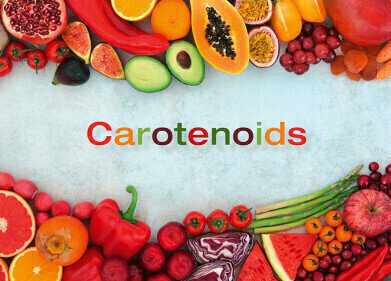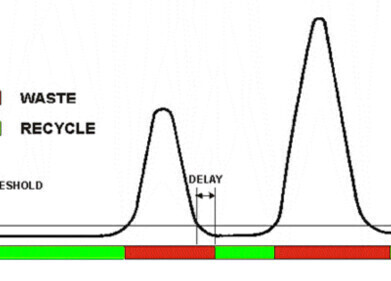HPLC, UHPLC
Is Avocado Wastewater an Effective Preservative? - Chromatography Explores
Sep 13 2020
Demand for avocado has increased over recent years due to its association as a nutrient rich food and cosmetic base. The main avocado producing countries of Mexico, Dominican Republic, Peru, Colombia, and Indonesia almost doubled their avocado production between 2012 and 2018. Although much of the crop is eaten whole, avocado oil is a growing commodity as a cooking oil and base ingredient in cosmetics and soaps.
The recent change from high temperature oil extraction to cold-pressed extraction has helped to produce a product that is more pleasing for consumers with an attractive appearance, better flavour, and higher nutrient content. But cold pressing can generate large quantities of by-products. A recent paper published in the journal Foods describes how researchers in New Zealand have found a method to optimise the recovery and use of one of the main by-products of cold-pressed avocado production – avocado wastewater – to help make sausages last longer.
Avocado – reducing the waste
Avocado trees probably originated in Central America with evidence for three separate areas using avocado domestically. The oldest avocado pit from Coxcatlan Cave in Mexico dates from around 10,000 years ago. The use of avocado oils as a moisturiser has been reported since the sixteenth century, but its use in the food industry is a recent phenomenon. Avocado oil used to be extracted using solvents such as hexane and high temperatures. This was followed by refining and bleaching to remove unwanted properties.
Recent developments in using cold pressing techniques are environmentally friendlier and give an oil that appeals to consumers. There are large by-products generated in cold pressing, with the largest being wastewater at 44.8%. There has been little use for the wastewater, and it has had high disposal costs due to the high organic matter in the water. Therefore, producers have sought to convert the wastewater into a higher value product.
Analysis of the wastewater revealed that by dry weight it was composed of lipids, dietary fibre, ash, and proteins. The researchers in New Zealand have successfully converted the avocado wastewater into a dried powder with high antioxidants and total phenolics. They have also used the dried powder as a preservative in sausages to help prevent oxidation and spoiling of the sausages.
Avocado powder in sausage
The researchers have now refined the wastewater drying process using a spray drying process. The team also used liquid chromatography to identify the fat-soluble antioxidants responsible for preventing sausage spoilage. The use of chromatography to analyse edible oils is discussed in the article, Analysis of Polynuclear Aromatic Hydrocarbons (PAHs) in Edible Oil to 0.5 ppb.
The spray drying method managed to increase the yield of avocado wastewater powder. Chromatography analysis showed that the α-tocopherol was in the wastewater which is known as an antioxidant. The addition of spray dried avocado wastewater powder into cooked pork fat was as effective as synthetic additives in preventing lipid oxidation.
Digital Edition
Chromatography Today - Buyers' Guide 2022
October 2023
In This Edition Modern & Practical Applications - Accelerating ADC Development with Mass Spectrometry - Implementing High-Resolution Ion Mobility into Peptide Mapping Workflows Chromatogr...
View all digital editions
Events
Apr 23 2024 Kintex, South Korea
Apr 23 2024 Seoul, South Korea
Apr 28 2024 Montreal, Quebec, Canada
May 05 2024 Seville, Spain
May 15 2024 Birmingham, UK














